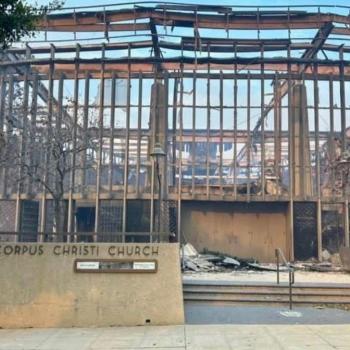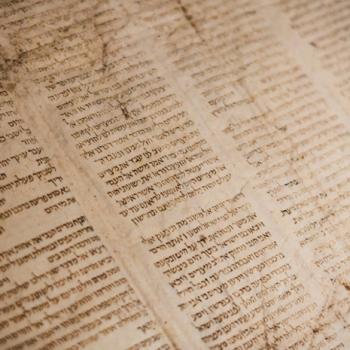Editors' Note: This article is part of the Public Square 2014 Summer Series: Conversations on Religious Trends. Read other perspectives from the Catholic community here.
It took the Catholic Church some 1400 years to define marriage as a sacrament. That fact is worth contemplating if one is to understand the Catholic understanding of marriage and, by extension, the impetus behind the 2015 synod on the family.
Among all good human relationships (mother-child, friend-friend, sister-brother, and so on) only one, that between husband and wife, is recognized as having a sacramental character: that is, as being directly rooted in the ministry of Christ, being a vehicle of grace, and having import for the entire pilgrim people of God. Yet for centuries, that marriage was one of the seven sacraments of the Church was not entirely clear. There had been many figures (Tertullian, Augustine, Peter Lombard, Thomas Aquinas, and others) who wrote of the sacramental nature of marriage; and Pope Innocent IV included it among the sacraments as early as 1208. But only when the Council of Florence solemnly included marriage as one of the seven sacraments in 1439 was it universally recognized.
A primary reason for this long ambivalence about its sacramentality was the recognition that at its root, marriage is a basic human activity: that is, it existed long before the time of Jesus. Even today, the language of Canon Law reflects this early understanding. Christ is not the "author" of marriage the way he is the "author" of the Eucharist or Holy Orders. Marriage is rather rooted in a basic human activity:
Can. 1055 §1. The matrimonial covenant, by which a man and a woman establish between themselves a partnership of the whole of life and which is ordered by its nature to the good of the spouses and the procreation and education of offspring, has been raised by Christ the Lord to the dignity of a sacrament between the baptized.
Note the language that marriage has been "raised by Christ the Lord to the dignity of a sacrament." It existed before Christ; it has had many iterations over the centuries; but Christ has transformed it to be a sign of grace for the whole community of faith. Just as Christ is the physician who has come to heal not the healthy, but the sick, so too are sacraments signs of Christ's ministry that heal those who freely receive them.
I begin with these historical notes to underscore a central point in the new document published by the Holy See, which gathers responses from the world's conferences of bishops to the questions prepared for the synod on the family. The point is this: marriage is not to be understood primarily as something governed and administered by the Church. It is to be understood as a human reality transformed by the healing grace of Christ.
To be sure, there have been periods and places in the Church's history when marriage was understood as a juridical reality governed by the norms of canon law. During the dissolution of the Roman empire, one of the concerns of bishops was to safeguard the family—and specifically, vulnerable women and children—from predatory men. The now mostly vestigial "banns of marriage" are a relic of this ancient concern to show that parties entering into marriage are in fact free to do so. Later, in the 9th century, bishop Hincmar of Reims took a juridical approach to marriage that situated the Church's doctrine as an arbiter of a divorce issued by King Lothar II. Examples like these show how the emphasis on law was rooted in a more primordial pastoral concern: to allow marriage to reflect the great "mystery" that was a symbol of Christ's relationship to the Church (cf. Ephesians 5:21-32).
The working title of the gathering is "The Pastoral Challenges of the Family in the Context of Evangelization." That title itself is important, for it suggests that the primary interest of the synod is evangelization—telling the story of the gospel—and asking what it means for families. Pope Francis famously described the Church as a "field hospital for sinners," and this metaphor applies to the challenge of the synod as well.





